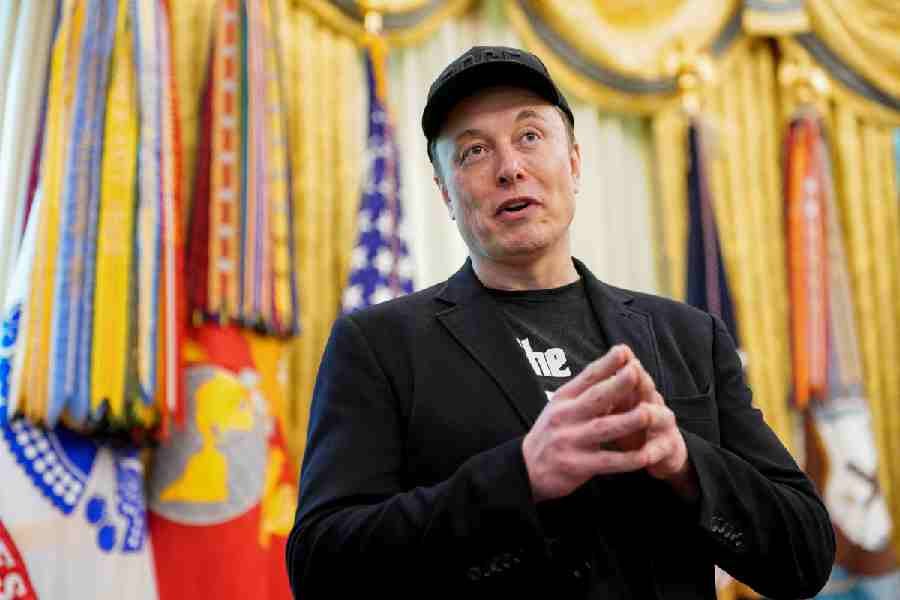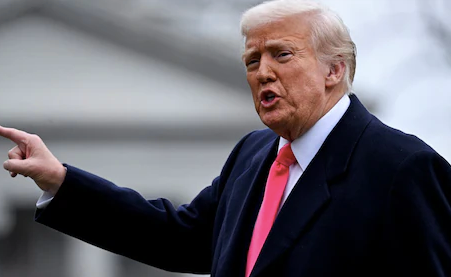
In a recent and unexpected intervention into U.S. fiscal policy, Tesla CEO Elon Musk called on Americans to “kill” the tax-cut bill implemented during the Trump administration, and suggested that this bill may continue indefinitely if the American people don’t act. His remarks were met with considerable derision and debate in political, economic, and corporate circles.
The Trump Tax Cuts
The Tax Cuts and Jobs Act (TCJA) is the most significant reform of the U.S. tax code in 30 years. It was signed into law by President Donald Trump in December 2017. Some of the main parts of TCJA included:
- A permanent reduction in the corporate tax rate from 35% to 21%.
- A temporary reduction in the individual income tax rates.
- A larger standard deduction.
- Dedication for state and local taxes (SALT) has been capped.
- The personal exemption has been eliminated.
Though the law was largely touted as a mechanism for economic growth, the opposition characterizes it as funneling taxpayer money to corporations and the wealthy. The Congressional Budget Office (CBO) estimated the TCJA would add roughly $1.9 trillion to the national debt over ten years.
Elon Musk’s Statement
Elon Musk made his remarks through social media and during a podcast interview and said that maintaining or making the Trump tax cuts permanent would be “economically irresponsible,” as well as a “gift that benefits billionaires at the expense of future generations.” With that, Elon Musk, one of the richest people in the world, has, in some situations, expressed taking higher taxes on billionaires when they have transparency from the government in its spending.
The remarks are occurring while some Republican lawmakers are pushing to extend or make permanent parts of the TCJA as the individual tax cuts are set to expire in 2025, while the Biden administration has indicated it would allow parts of the law to sunset, especially the ones that benefit high earners.
Musk’s argument is based on data about the distributional effects of the TCJA. The Tax Policy Center found that roughly 65 percent of all of the benefits of the law went to the top 20 percent of earners, with preliminary data showing the top 1 percent received an average tax cut of more than $30,000 per year. Meanwhile, middle-income households received modest savings, and the poorest Americans received little to no benefits.
Additionally, while U.S. GDP had short-term growth (approximately 2.9%) in 2018, whether there will be any long-term effects of the TCJA on investment, wages, and employment is not yet known. Also, the U.S. Treasury was experiencing record budget deficits in the years that followed, then with the pandemic and resulting drop in corporate tax revenues, those deficits have greatly increased, at least in part due to the TCJA.
- Conservative Perspective: Some conservatives assert that the tax cuts stimulated business expansions and job creation, and the sponsors of the tax cuts, including Sen. Mitch McConnell, called them “fuel for the engine of the American economy.”
- Progressive Economists and Legislators: Progressive figures , such as Sen. Elizabeth Warren, have echoed Musk’s concerns of the TCJA’s benefitting the rich and further exacerbating income inequality.
- Business Leaders: Corporate America loved the tax cuts at first, but reinvestment in wages or infrastructure has been minimal. Most of the savings found their way into stock buybacks which financially benefit shareholders only.
Implication
- Public Debt: The national debt could continue to grow dramatically if the TCJA is extended. The Committee for a Responsible Federal Budget estimates that it could add up to $3.5 trillion over 10 years.
- Inequality: Extension of the tax cuts will exacerbate income and wealth inequality, limiting social mobility and access to services for lower-income groups.
- Political Ramifications: Musk’s statement can impact swing voters and lead to a two-party discussion regarding taxation and income redistribution, as part of the 2026 material fiscal policy reset.
- Billionaire and Tech Responsibility: Musk’s remarks may encourage other billionaires to make more thoughtful public comments about tax policy and their contribution to society.
Although Musk’s criticism addresses valid economic issues, it invites a consideration of whether or not his statement is hypocritical based on his actions. Tesla and SpaceX both received government subsidies when launching their business operations, and Musk has reduced his tax liability and, eventually, his tax payment through stock compensation.
And further, to invoke the word “kill” on a tax bill can be evocative of a persuasive form, if not rhetorically, but politically vague.
Keep reading questiqa.com




